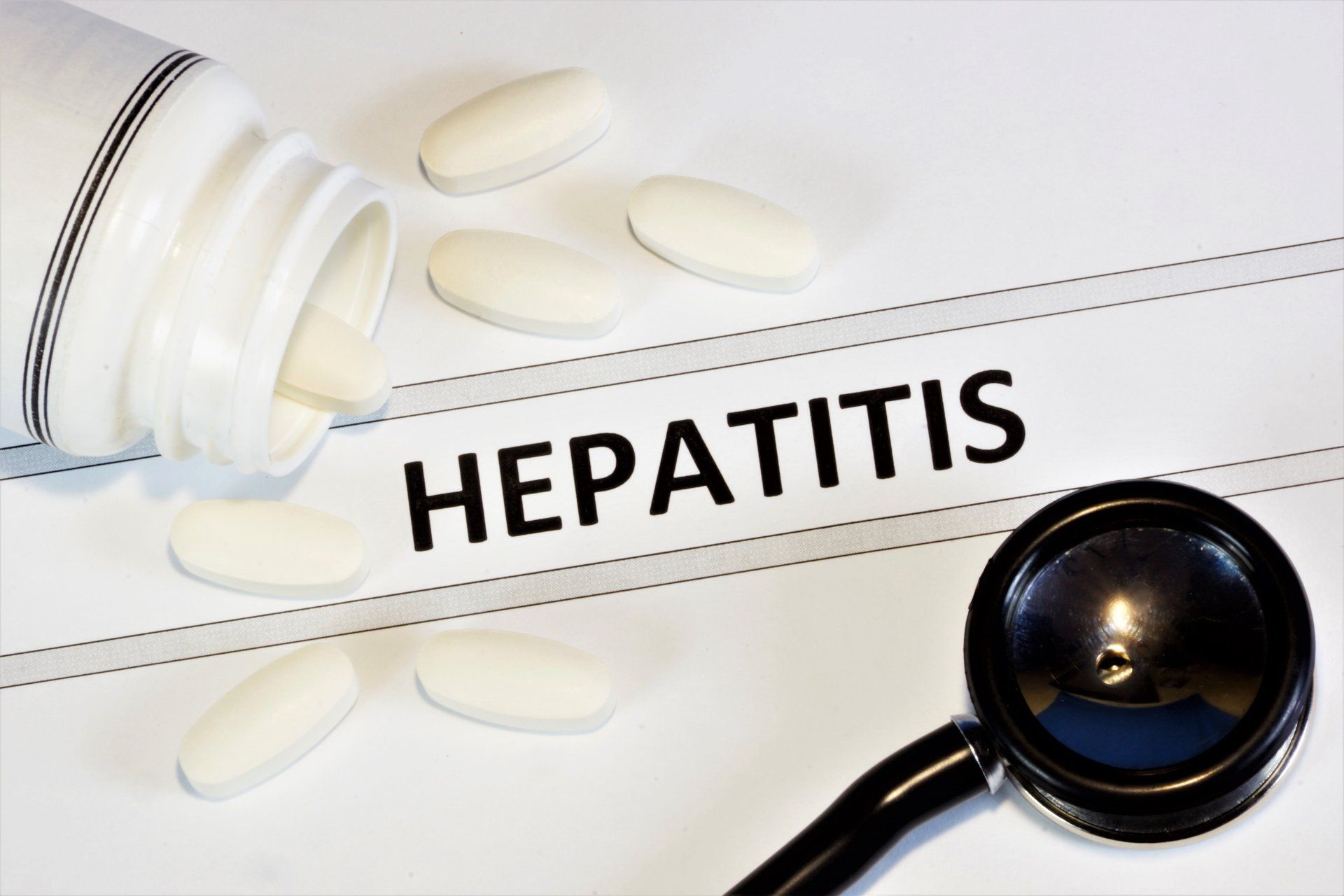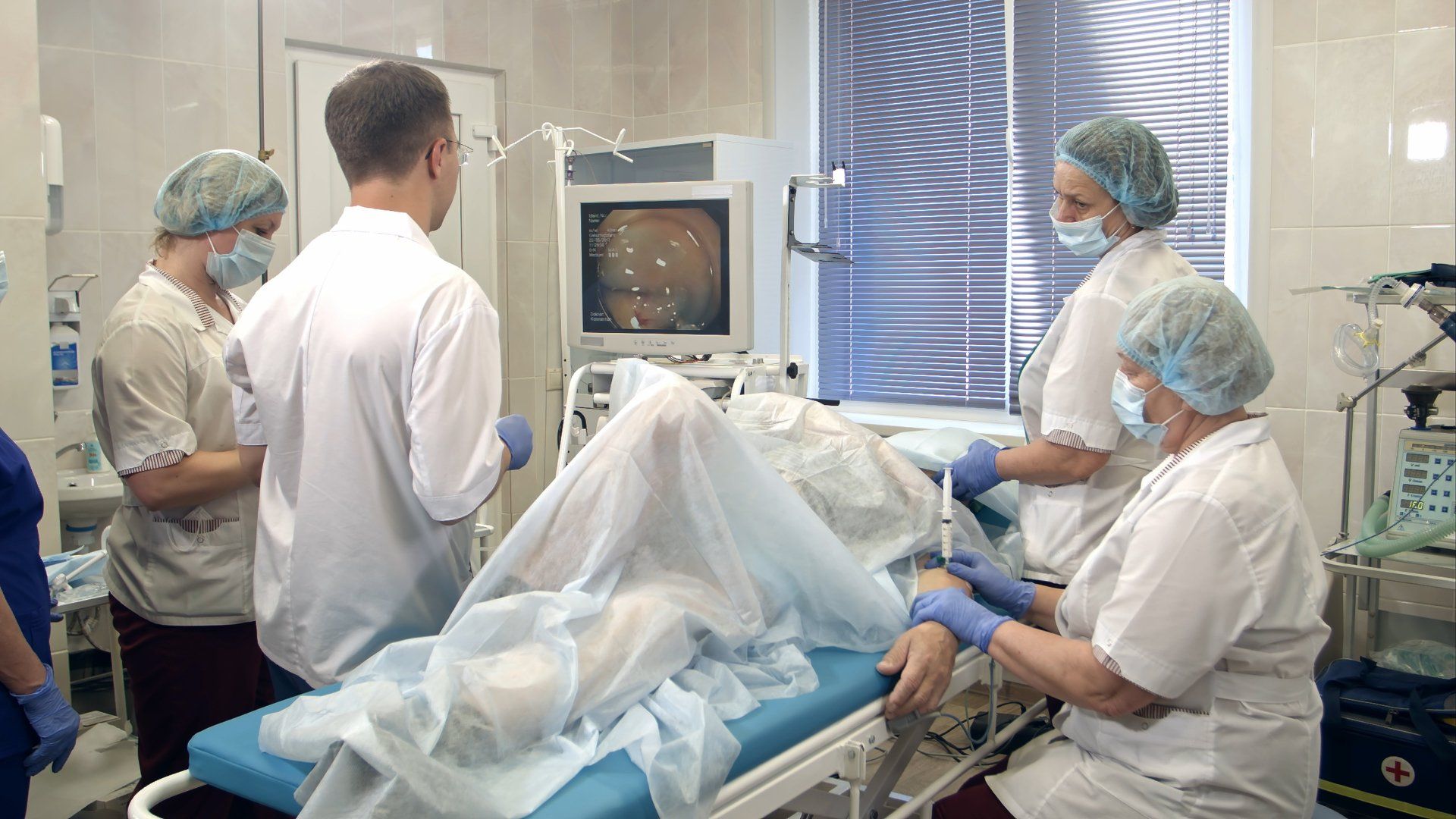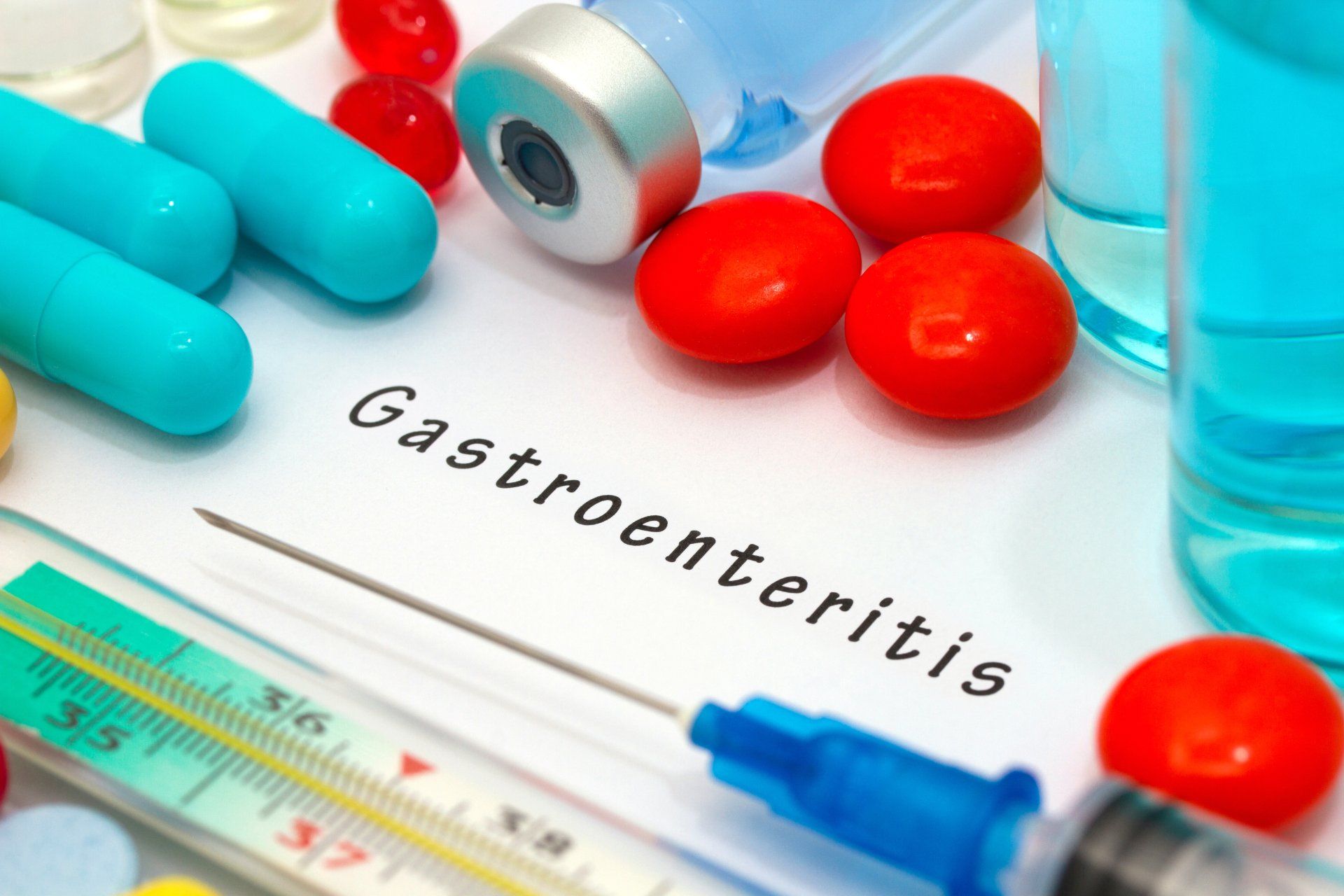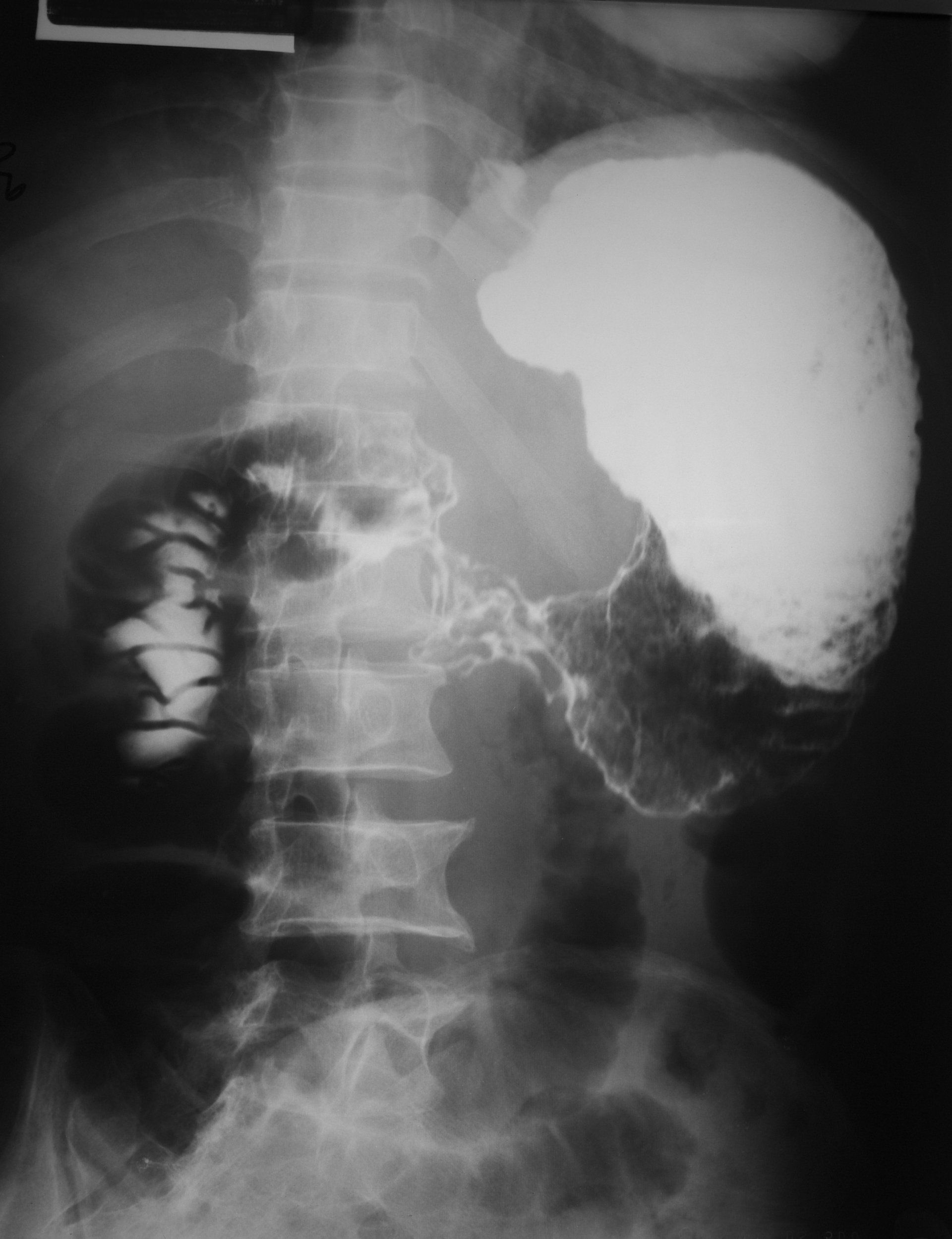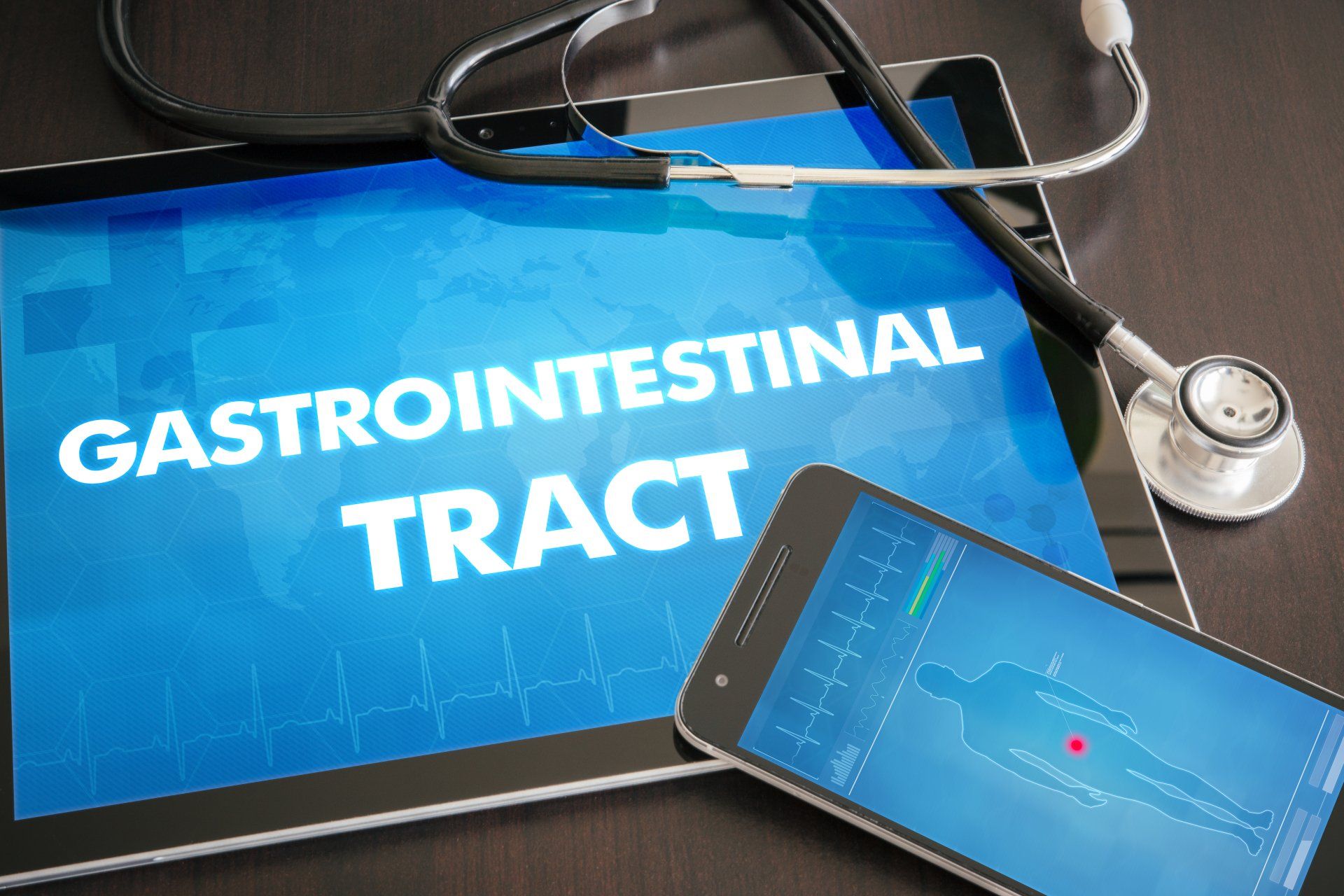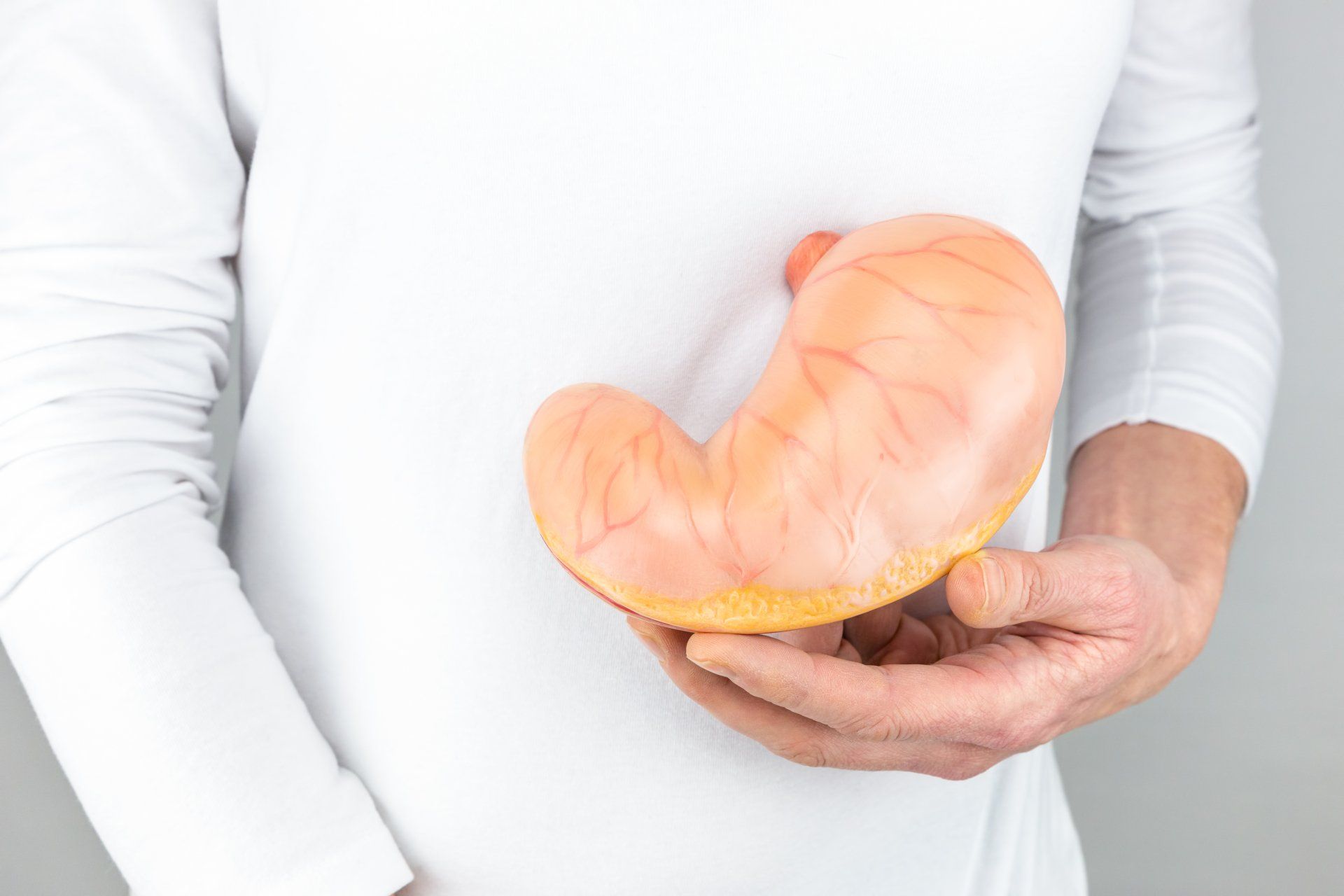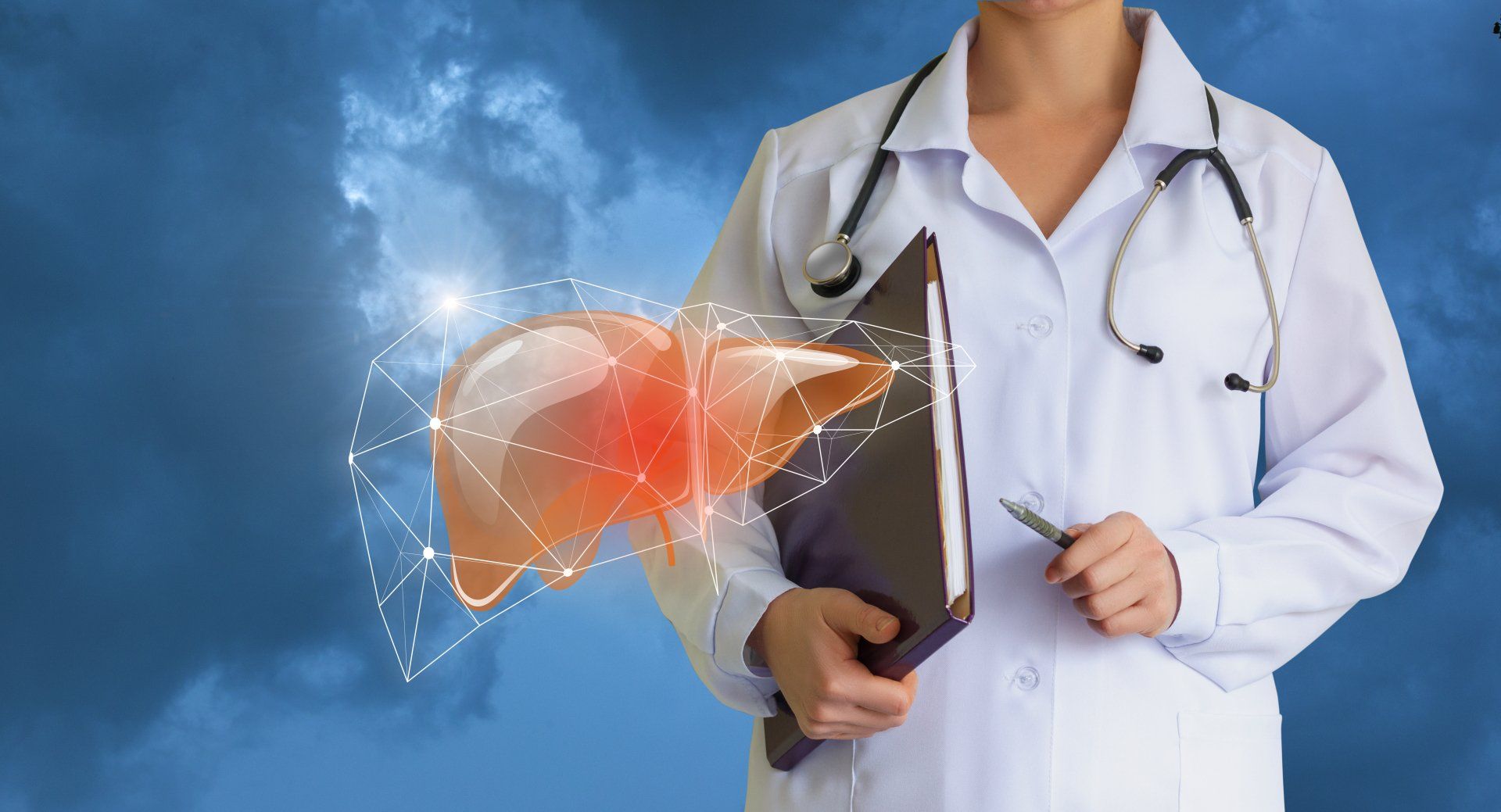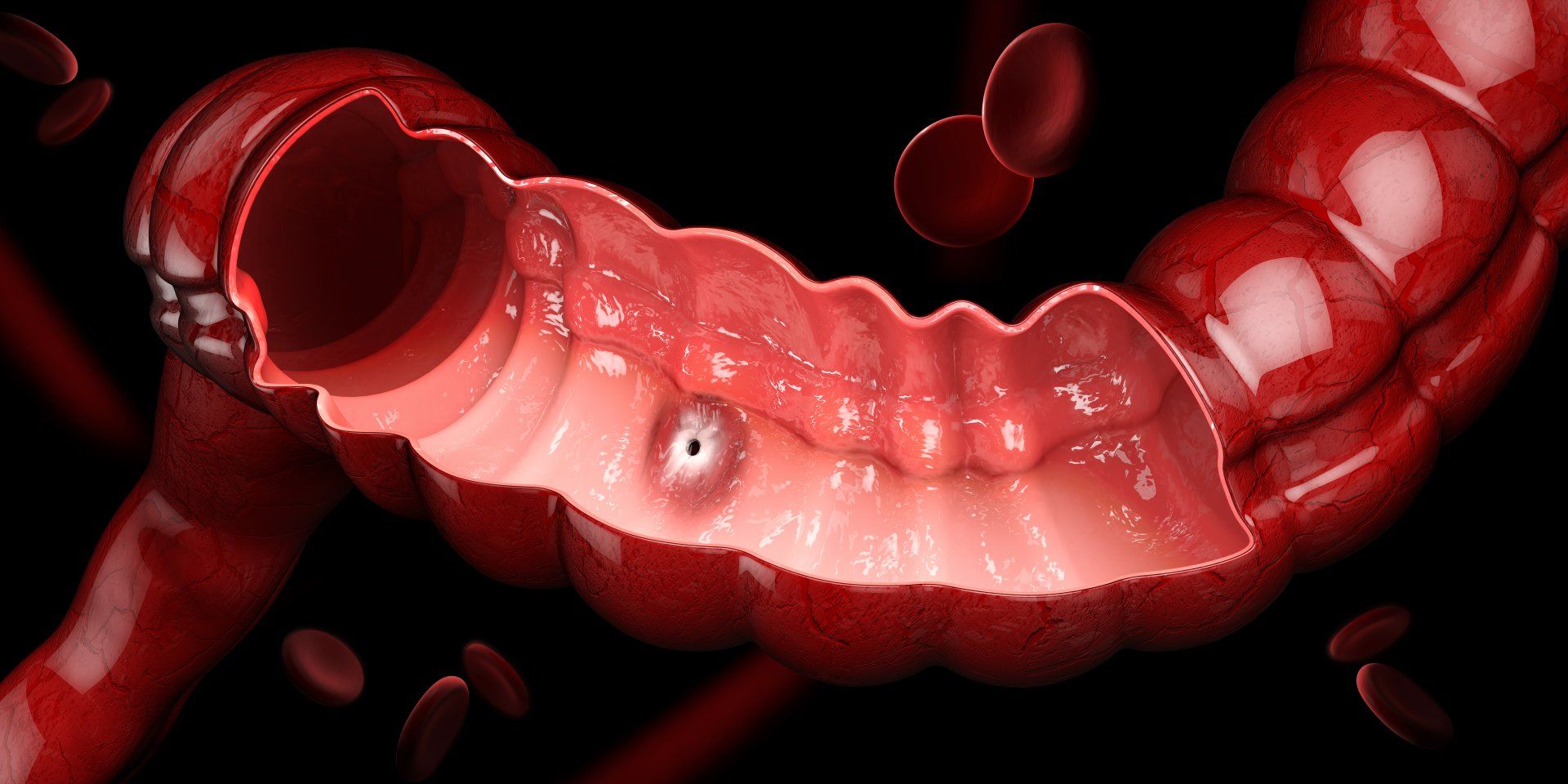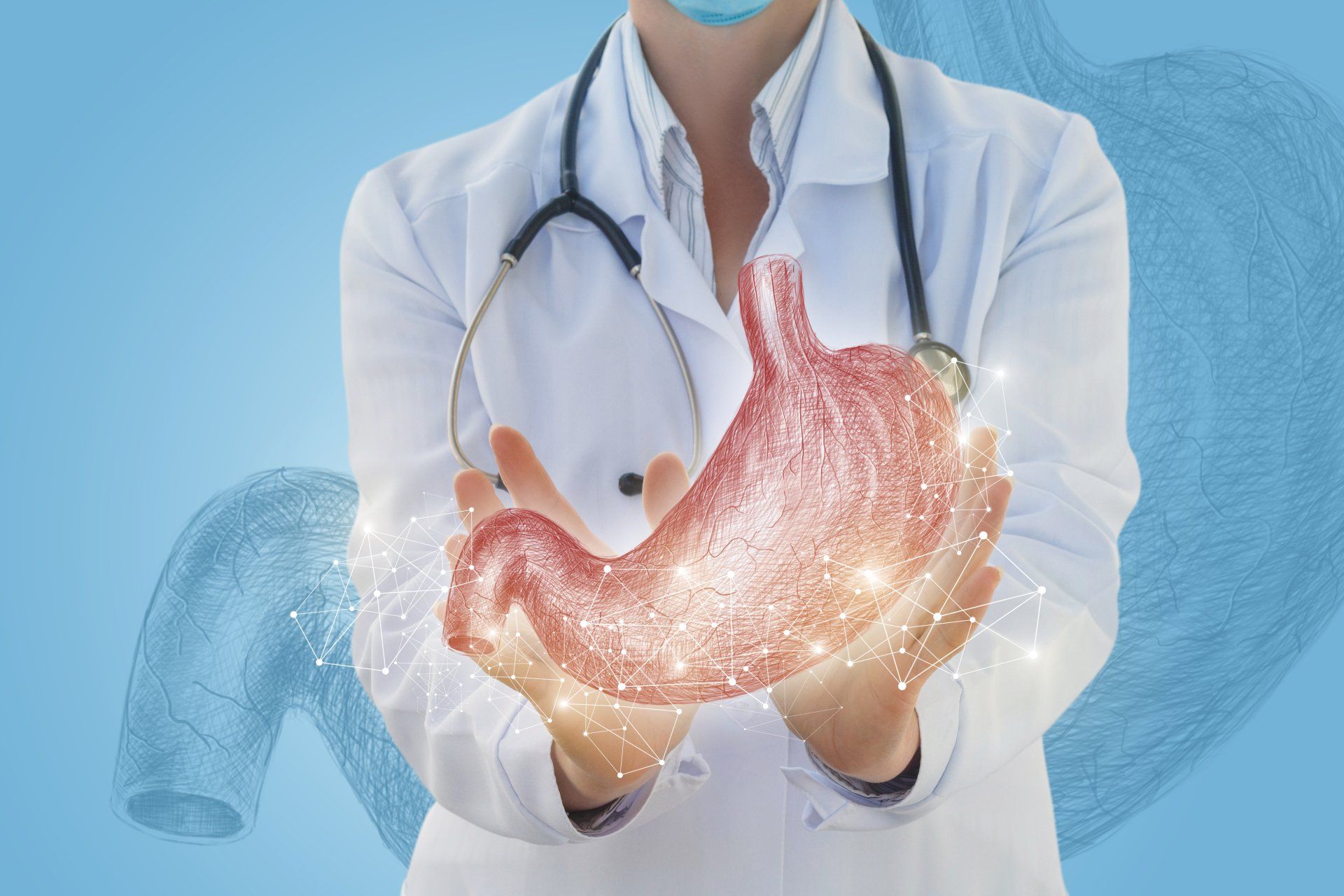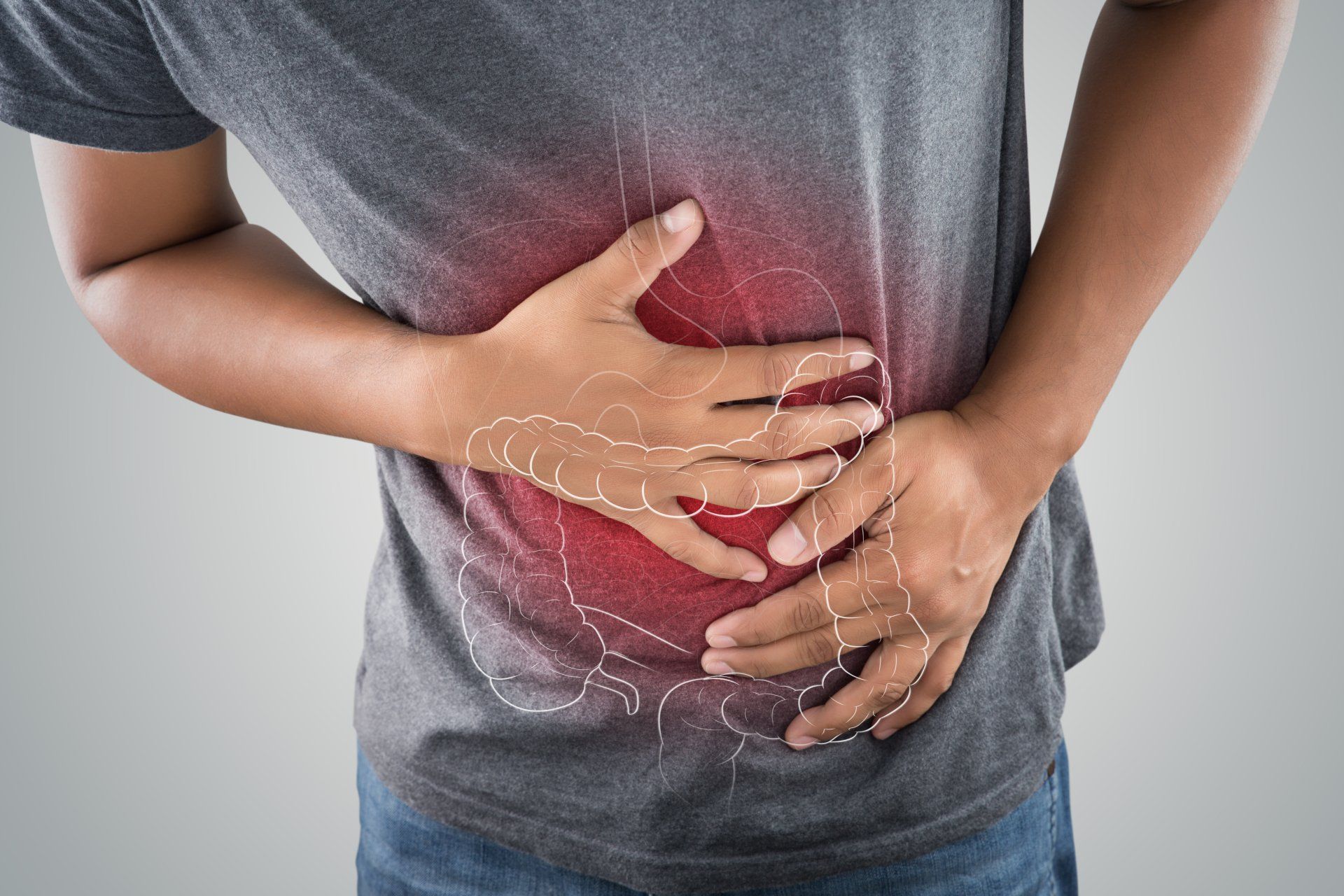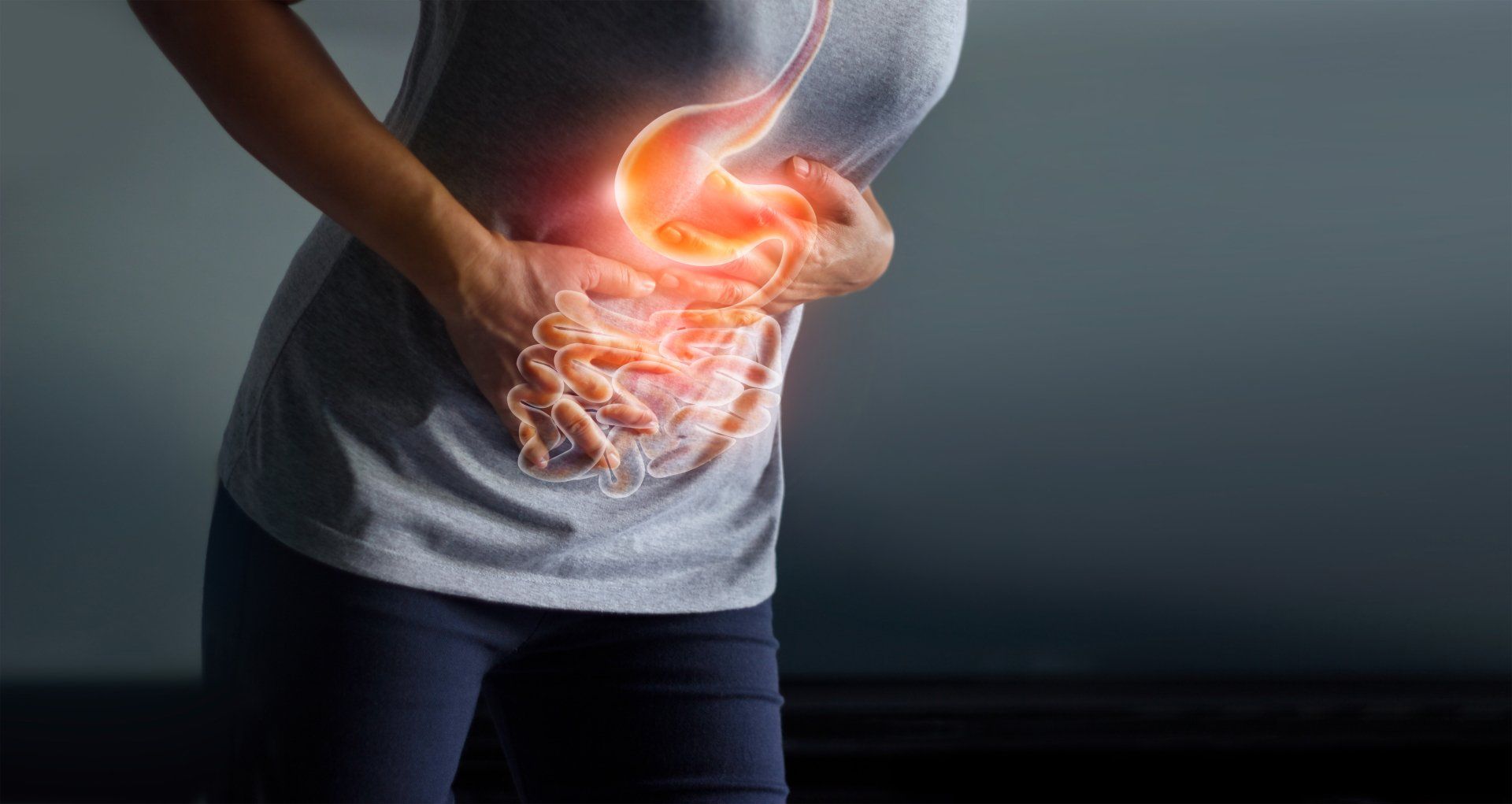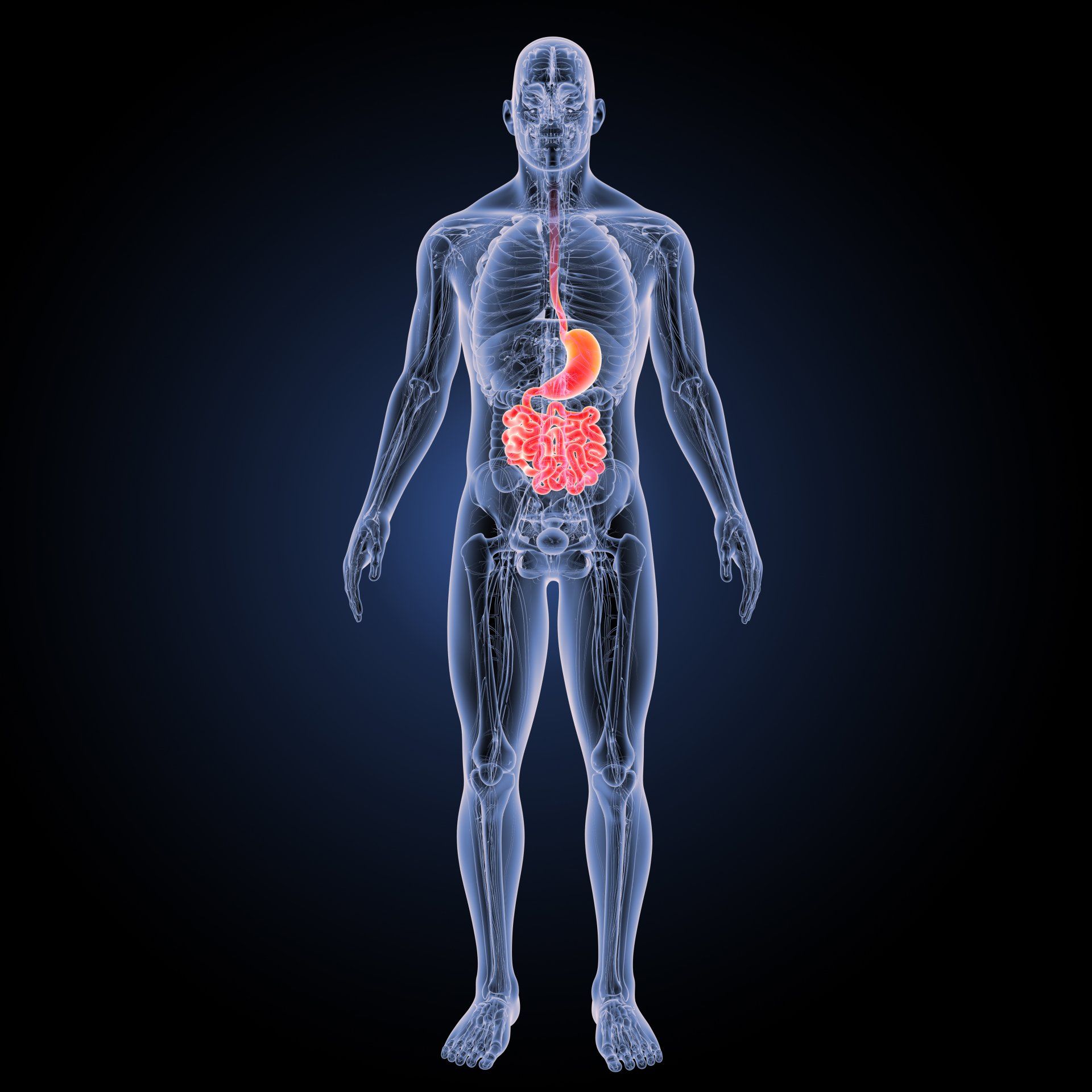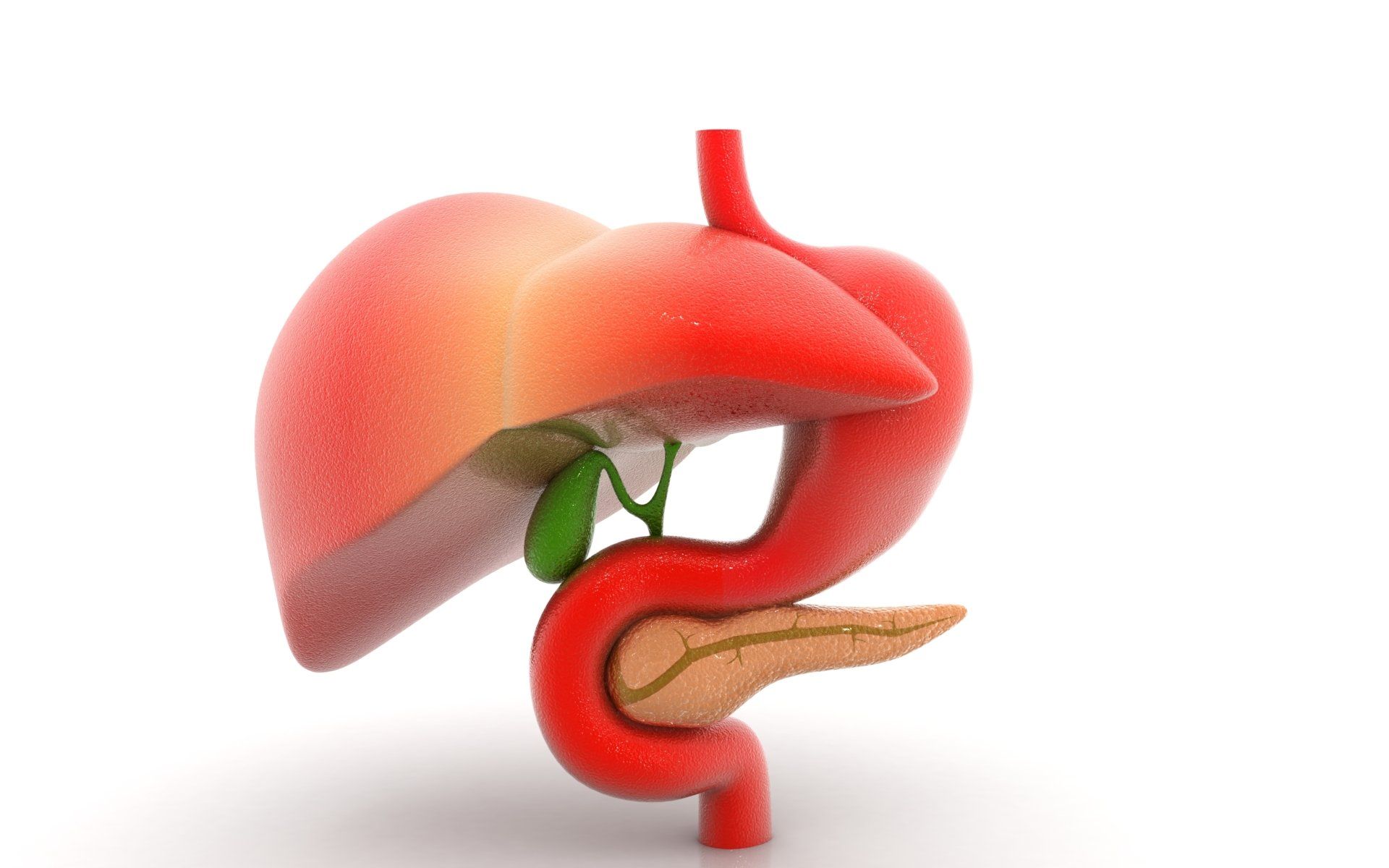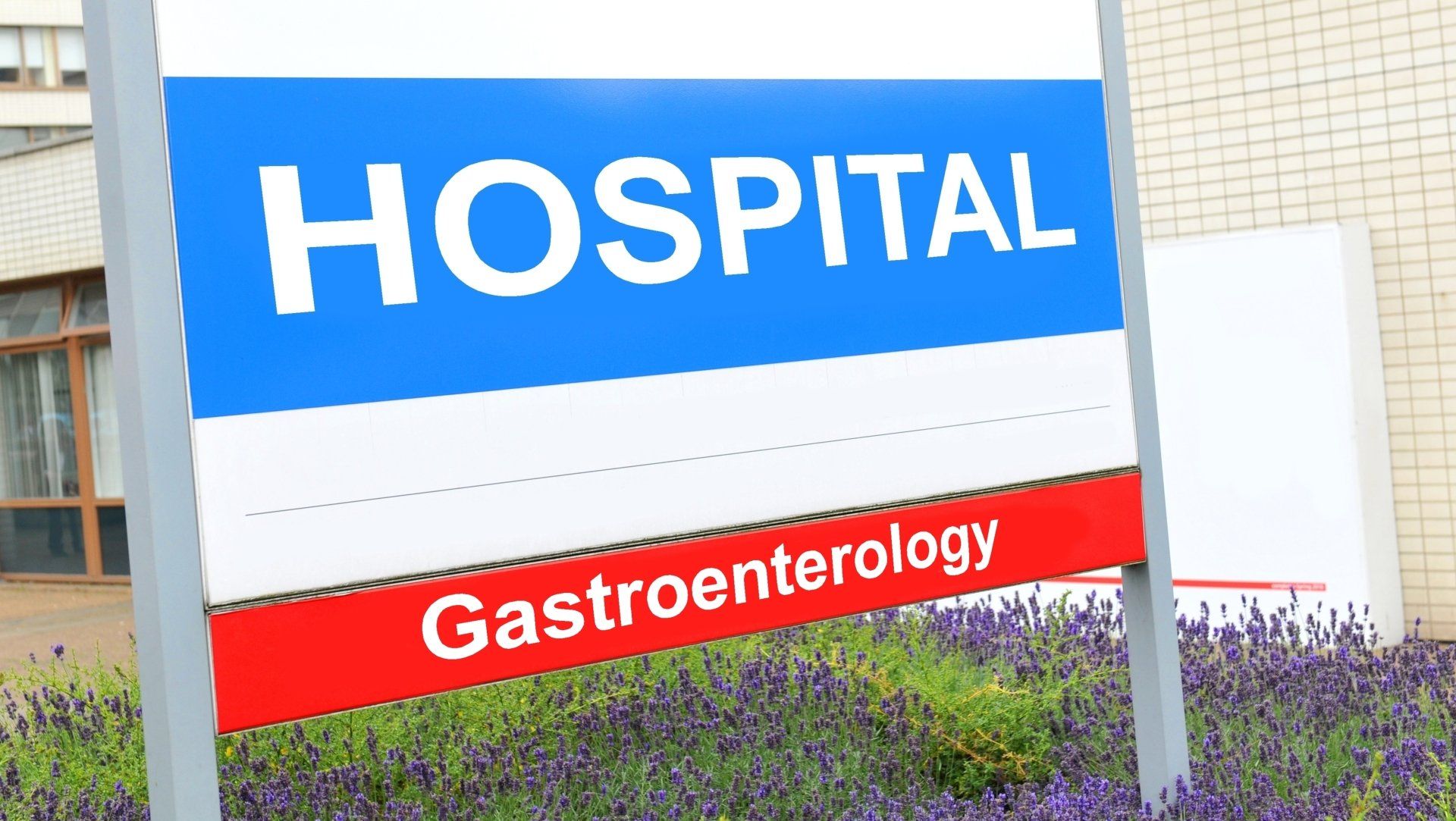Common Conditions We Treat
Pancreatitis
Pancreatitis is inflammation of the pancreas. The pancreas is a long, flat gland that sits tucked behind the stomach in the upper abdomen. The pancreas produces enzymes that help digestion and hormones that help regulate the way your body processes sugar (glucose).
Hepatitis
Need Info
GERD
Gastroesophageal reflux disease (GERD) occurs when stomach acid repeatedly flows back into the tube connecting your mouth and stomach (esophagus). This backwash (acid reflux) can irritate the lining of your esophagus.
Colitis
Ulcerative colitis (UL-sur-uh-tiv koe-LIE-tis) is an inflammatory bowel disease (IBD) that causes inflammation and ulcers (sores) in your digestive tract. Ulcerative colitis affects the innermost lining of your large intestine (colon) and rectum. Symptoms usually develop over time, rather than suddenly.
Constipation
Though occasional constipation is very common, some people experience chronic constipation that can interfere with their ability to go about their daily tasks. Chronic constipation may also cause people to strain excessively in order to have a bowel movement.
Gastroenteritis
Often called stomach flu — is developed through contact with an infected person or by consuming contaminated food or water. If you're otherwise healthy, you'll likely recover without complications. But for infants, older adults and people with compromised immune systems, viral gastroenteritis can be deadly.
Dysphagia
Dysphagia is difficulty swallowing — taking more time and effort to move food or liquid from your mouth to your stomach. Dysphagia can be painful. In some cases, swallowing is impossible.
Diarrhea
Diarrhea — loose, watery and possibly more-frequent bowel movements — is a common problem. It may be present alone or be associated with other symptoms, such as nausea, vomiting, abdominal pain or weight loss.
IBS (Irritable bowel syndrome)
Irritable bowel syndrome (IBS) is a common disorder that affects the stomach and intestines, also called the gastrointestinal tract.
Gastroparesis
Gastroparesis is a condition that affects the normal spontaneous movement of the muscles (motility) in your stomach. Ordinarily, strong muscular contractions propel food through your digestive tract.
Abdominal Pain (Generalized/Epigastric)
Everyone experiences abdominal pain from time to time. Other terms used to describe abdominal pain are stomachache, tummy ache, gut ache and bellyache. Abdominal pain can be mild or severe.
Cirrhosis/NAFLD, NASH
Cirrhosis is a late stage of scarring (fibrosis) of the liver caused by many forms of liver diseases and conditions, such as hepatitis and chronic alcoholism.
Anemia
Anemia is a condition in which you lack enough healthy red blood cells to carry adequate oxygen to your body's tissues. Having anemia, also referred to as low hemoglobin, can make you feel tired and weak.
Gastric, Duodenal, Esophageal Ulcers (PUD)
also Gastritis, Duodenitis, Esophagitis
A peptic ulcer is a sore on the lining of your stomach, small intestine or esophagus. A peptic ulcer in the stomach is called a gastric ulcer.
H-Pylori
Helicobacter pylori (H. pylori) infection occurs when H. pylori bacteria infect your stomach. This usually happens during childhood. A common cause of stomach ulcers (peptic ulcers), H. pylori infection may be present in more than half the people in the world.
Pancreatic/Liver/Colon/Esophageal Cancer
Cancer refers to any one of a large number of diseases characterized by the development of abnormal cells that divide uncontrollably and have the ability to infiltrate and destroy normal body tissue. Cancer often has the ability to spread throughout your body.
C-Diff
Pseudomembranous (SOO-doe-mem-bruh-nus) colitis, also called antibiotic-associated colitis or C. difficile colitis, is inflammation of the colon associated with an overgrowth of the bacterium Clostridioides difficile (formerly Clostridium difficile) — often called C. diff.
Crohn's Disease
Crohn's disease is a type of inflammatory bowel disease (IBD). It causes swelling of the tissues (inflammation) in your digestive tract, which can lead to abdominal pain, severe diarrhea, fatigue, weight loss and malnutrition.
Nausea/Vomiting
Nausea and vomiting are common signs and symptoms that can be caused by numerous conditions. Nausea and vomiting most often are due to viral gastroenteritis — often called stomach flu — or the morning sickness of early pregnancy.
Esophageal Metaplasia
Need Info
Barrett's Esophagus
Barrett's esophagus is a condition in which the flat pink lining of the swallowing tube that connects the mouth to the stomach (esophagus) becomes damaged by acid reflux, which causes the lining to thicken and become red.
Diverticulosis, Diverticulitis
Diverticula are small, bulging pouches that can form in the lining of your digestive system. They are found most often in the lower part of the large intestine (colon). Diverticula are common, especially after age 40, and seldom cause problems.
CBD Sludge, CBD Stricture, CBD Obstruction, choledochlithiasis
Need Info
Rectal Bleeding/ pain, Hemorrhoids (and banding)
Also called piles, are swollen veins in your anus and lower rectum, similar to varicose veins. Hemorrhoids can develop inside the rectum (internal) or under the skin around the anus (external).
More Conditions We Treat
Below are some of the other conditions we treat. When you click on the button below, you will be directed to the Mayo Clinic website for additional information on each condition.
6240 Rashelle Dr Suite 204
Flint, MI 48507
(810) 733-6300 Office
(810) 733-6344 Fax
All Rights Reserved | Mid Michigan Gastroenterology Associates | Web Design by Behind Your Design


